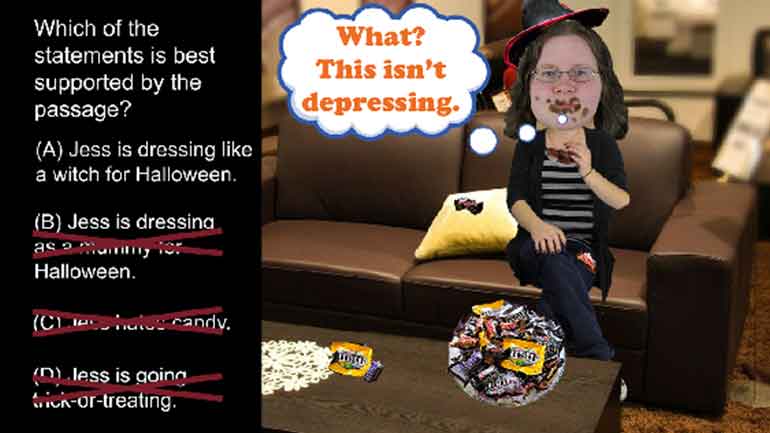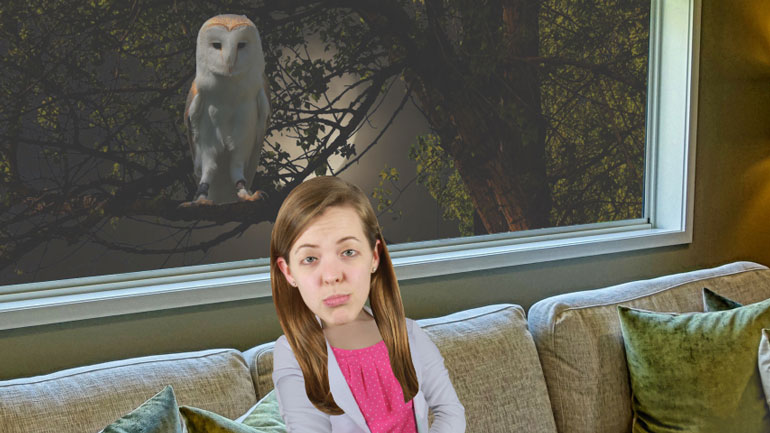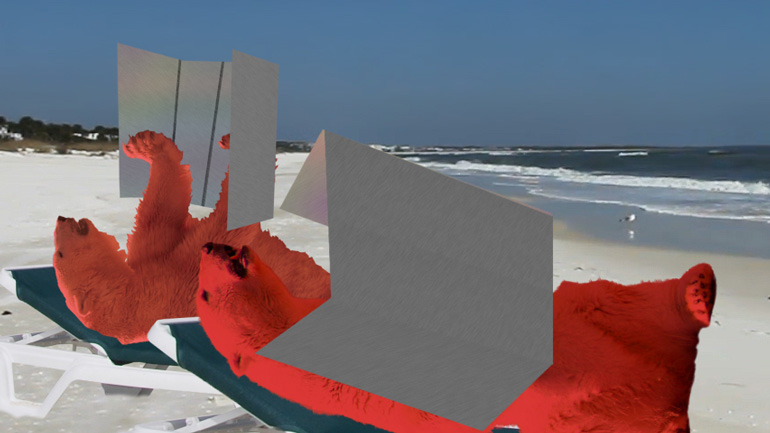ShmoopTube
Where Monty Python meets your 10th grade teacher.
Search Thousands of Shmoop Videos
ELA 6: 3.10 How to Write 36 Views
Share It!
Description:
Ready to build that bookcase? Looks like you might need an explanatory essay... or five pages of vague instructions in Swedish.
Transcript
- 00:00
when you hear the names Charles Dickens and Jack London
- 00:06
you probably think novelist rather than journalist. or maybe you think [Dickens and London pictured]
- 00:10
motorcyclist. yes it depends how well you know them .but while it might be hard to
- 00:15
imagine any of the author's 800-page monsters being published in broadsheet.
- 00:20
their careers can definitely help us when it comes to understanding the
Full Transcript
- 00:23
development of journalism. over the 19th century what we now know as modern
- 00:28
journalism started to take shape. cities were growing and literacy rates were [hands throw a clay pot]
- 00:32
rising so editors were racking their brains trying to come up with ways to
- 00:36
reach a broader cross-section of this suddenly more literate society.
- 00:40
well since chocolate newspapers never really took off editor's ended up going
- 00:44
with sensationalism. that his stories about scandals and crimes that appealed
- 00:50
to readers as a sort of guilty pleasure. sound familiar?
- 00:53
yeah good news is no news. in the u.s. cheap newspapers called penny presses [man reads newspaper]
- 00:58
were founded. and they covered the sensationalist stories that more
- 01:02
established news outlets wouldn't touch with a 10-foot Pole.
- 01:05
the British weren't left out of this sensationalist craze. on the other side
- 01:09
of the pond people like William Thomas Stead covered such lurid subjects as
- 01:14
child prostitution. well it's important to keep in mind that even though the [Stead shown in front of Big Ben]
- 01:18
subject matter was sensational it wasn't necessarily bad journalism, although
- 01:23
there were certainly some sickos reading Stead's work to lap up holographic
- 01:27
detail. that was pioneering investigative journalism- deeply investigating single
- 01:32
topics bringing them to a wider public understanding. well the fact that these
- 01:36
articles were published under sensational headlines like the violation [cows in a field]
- 01:40
of virgins and a child of 13 bought for five pounds
- 01:44
didn't make it any less serious. the dawn of investigative journalism for people
- 01:49
like dickens in london come in. they too were interested in exposing social ills
- 01:53
through deep investigations. though they fit right into this emerging
- 01:57
journalistic scene like a hand into a glove... anyway so maybe Dickens would have [crowded room in dim light]
- 02:03
put it more eloquently. anyway Dickens and London elevated writing styles that
- 02:07
wouldn't fly in contemporary newsrooms. although narrating in first person with
- 02:12
ornate complex language was par for the course among 19th century journalists,
- 02:17
temporary journalists strived for objectivity and prefer to go light on
- 02:21
all those adjectives and adverbs that novelists tend to like oh so very much.[man frowns from newsroom]
- 02:26
well, sure Dickens in London might be literary luminaries but hey, style guides
- 02:30
are style guides.
Up Next
ELA Drills, Intermediate: Main Idea 1. Which of the statements is best supported by the passage?
Related Videos
ELA Drills, Intermediate: Point of View. Is the statement in the video true or false?
ELA Drills, Intermediate: Textual Analysis 3. Which of the following best summarizes the author's feelings about welfare?
ELA Drills, Intermediate: Comparing and Contrasting. In this sentence, what is compared to what?
What's an emotional appeal? Is that like when someone naturally attracts members of the opposite sex by crying all the time?




